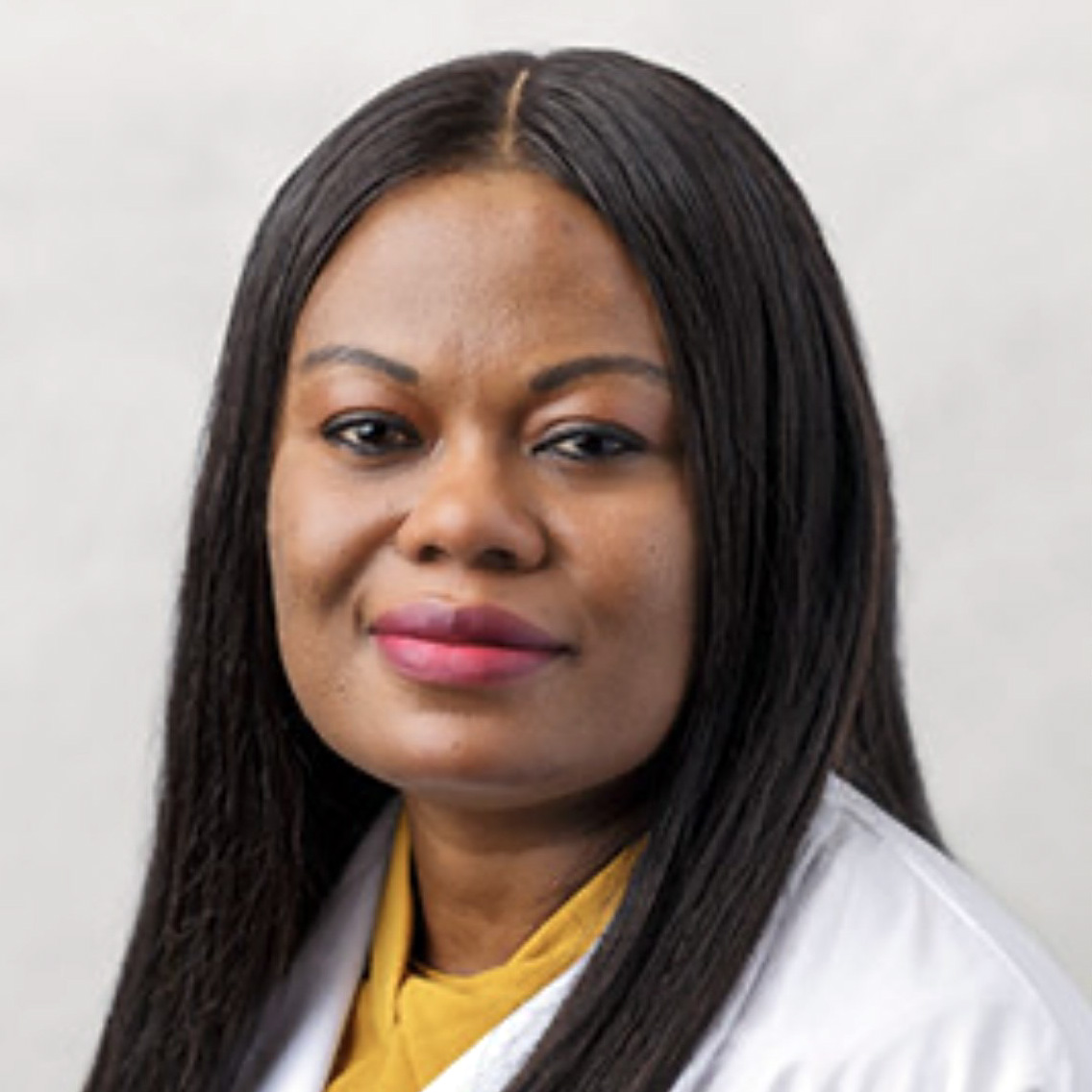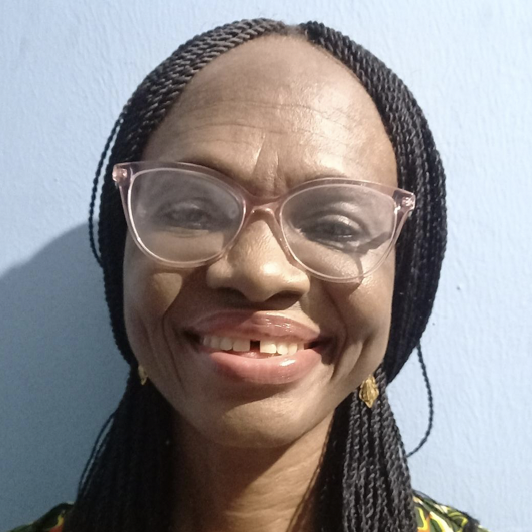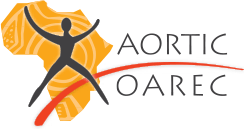Council Members
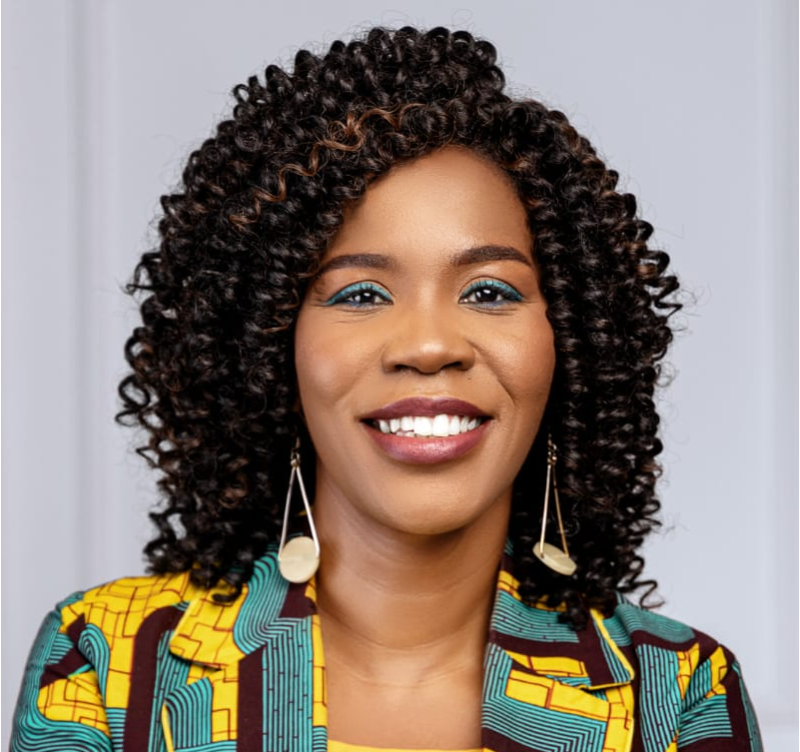
PRESIDENT: Dr Miriam Mutebi
Dr. Miriam Mutebi is a Consultant Breast Surgical Oncologist and Assistant Professor in the Department of Surgery at the Aga Khan University Hospital in Nairobi, Kenya. She is also a clinical epidemiologist and health systems researcher with a research focus on understanding barriers to access for women with cancers in Sub-Saharan Africa and in designing interventions to mitigate those barriers.
She is the Vice-President of East Africa of the African Organization for Research and Training in Cancer (AORTIC), a member of the education and training committee for AORTIC and the Chairperson for the Kenya Society of Hematology and Oncology (KESHO) and on the board of directors of the Union for International Cancer Control (UICC). She is also the co-founder of the Pan African Women’s Association of Surgeons (PAWAS -www.africanwomensurgeons.org) and is part of the Kenya Association of Women Surgeons.
She is the Co-chair of the National Cancer Taskforce in Kenya, Chair of the Commonwealth Taskforce for the elimination of Cervical Cancer and a commissioner with three Lancet commissions of Women and cancer, Cancer in sub-Saharan Africa and Breast Cancer. She heads the African cancer survivorship working group that is dedicated to developing continental research that reflects patient reported outcomes and quality of life and has developed and helped implement both local and regional cancer policy. As a systems researcher, her focus is on bridging access gaps e.g. through education of healthcare workers on CBE, training cancer advocates (Kenya, South Africa) and in addressing diagnostic gaps by improving pre-analytical handling of cancer specimens
Her drive to connect and build continental communities of practice has led to the successful development and running of recurrent international multidisciplinary cancer symposiums that bring together AORTIC and other key players and to surgical oncology and pathology preceptorships. Her recent efforts have resulted in research mentorship program for African female surgeons interested in oncology research.
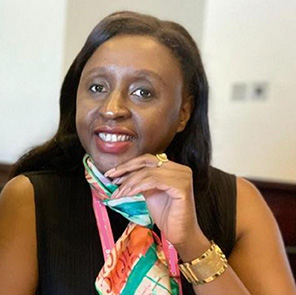
PRESIDENT ELECT: Dr Cesaltina Lorenzoni
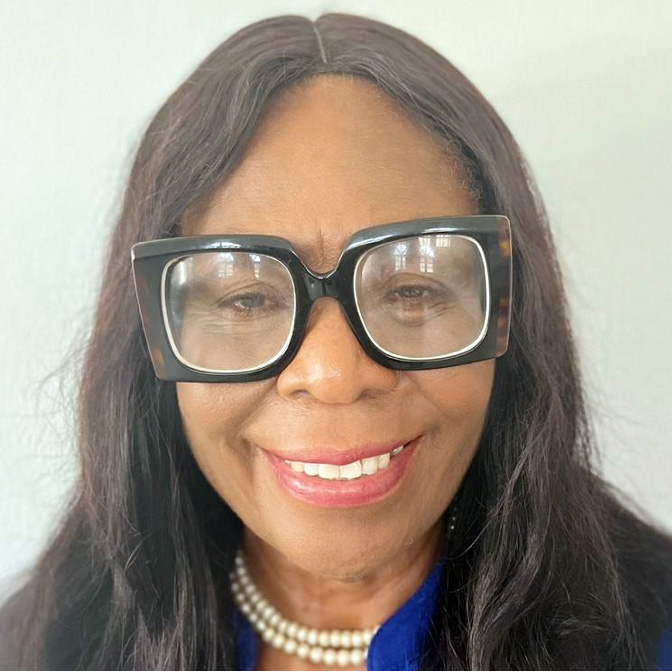
She had her MBChB from the University of Ghana, MPH from the University of Lagos, and her postgraduate training in obstetrics and gynaecology at the Lagos University Teaching Hospital, Lagos, Nigeria, and the Birmingham Maternity Hospital/ Birmingham and Midlands Hospital for Women, UK.
She was appointed Lecturer I in Obstetrics and Gynaecology at the University of Lagos in 1994 and has been active in teaching, research, and service delivery since then. She has over 120 scientific publications in peer-reviewed journals. Most of these publications are on cervical cancer prevention and treatment, her main area of interest. She also has written chapters on gynaecological cancers in textbooks for medical students. Professor Rose Anorlu has presented many papers at many international and local conferences. She has supervised to date 35 dissertations for fellowship examinations of the Nigeria Postgraduate Medical College and West African College of Surgeons. She is an examiner for these two colleges. She has been an external examiner in obstetrics and gynaecology in medical schools in and outside Nigeria. She has trained and mentored more than 2000 medical students and resident doctors. She is a member of the Senate of the University of Lagos.
She was the President of, the African Organization for Research and Training in Cancer (AORTIC) (2021-2023) and a member AORTIC Council 2023-2025. She was Vice-President AORTIC, Western Africa Region (2007-2009). She is a member of the Women’s Cancers Committee of the International Federation of Gynecologists and Obstetricians (2021-2023) and (2023-2025). She was a member of the Steering Committee of the Annual Symposium for Global Cancer Research (2023). She was a Council Member (2010-2014) of the International Gynaecological Cancer Society (IGCS) representing Africa, Europe, and the Middle East. A member of the Nigeria Cancer Control Plan Implementing Committee and Nigeria Cancer Control Technical Working Group.
Professor Anorlu has in the past conducted workshops in cervical cancer prevention for doctors, nurses, and midwives across Nigeria. She trained healthcare workers in the Society for Family Health, Planned Parenthood Federation of Nigeria, and Marie Stopes, Nigeria April 2013 to August 2013. These three groups have since incorporated cervical cancer screening into family planning services
In collaboration with University College London Margaret Garrett Anderson Institute for Women’s Health (2006-2010), she helped in setting up a cervical cancer prevention centre in St Kizito Primary Health Centre, Lekki, Lagos.
Professor Anorlu has trained many consultant gynaecologists who specialize in treating gynaecological cancers across Nigeria. She is the local supervisor of fellows of the IGCS Global Curriculum Mentorship and Training Program at the Lagos University Teaching Hospital.
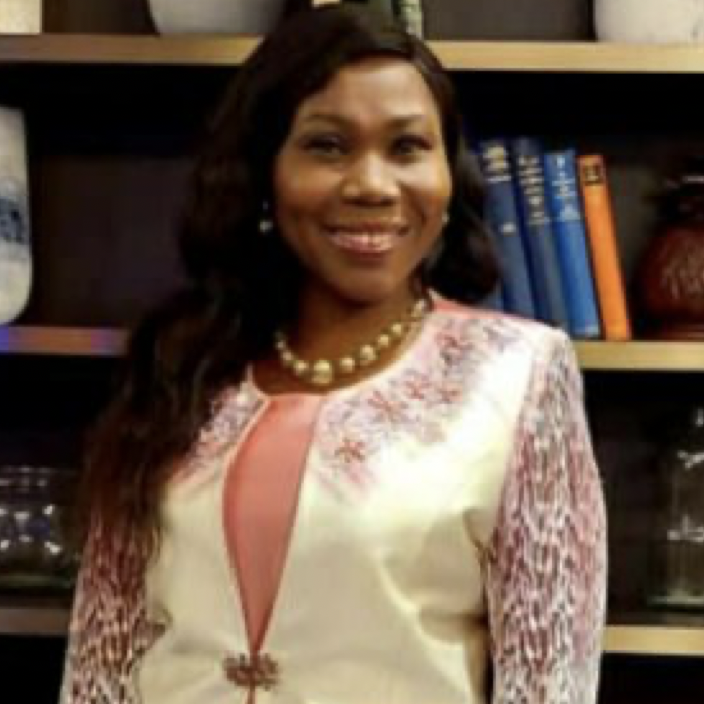
Secretary Treasurer: Dr Nwamaka Lasebikan
Dr Nwamaka Lasebikan is a clinical and radiation oncologist and clinical investigator in Radiation and Clinical Oncology at the University of Nigeria Teaching Hospital Enugu, Nigeria. Dr. Lasebikan completed her medical degree at University of Nigeria Nsukka and went on to pursue her residency at University College Hospital Ibadan, Nigeria and is rounding up her Masters programme in Clinical epidemiology at the Instituite of Public Health University of Nigeria Nsukka. She is a fellow of the National Postgraduate medical college of Nigeria and an associate fellow of the West African College of Surgeons. She is the current Director of Oncology at UNTH and Chair of the African Cancer and Research ECHO. Dr Lasebikan is the National President of ARCON- Association of Radiation and Clinical Oncologist of Nigeria, a member of AORTIC Research Committee and the Co-chair for AORTIC Implementation science special interest group . In the course of her career, she has performed high level clinical and research activities and is currently the National coordinator of a tripartite collaborative effort of research mentoring for Nigerian residents in clinical and radiation oncology. She is a recipient of numerous awards and scholarships amongst which is the African Cancer Leadership Institute by AORTIC and is an IAEA fellow. Her research focus is on female malignancies- breast/cervical cancer, GI malignancies, implementation science, health systems strengthening and global oncology.
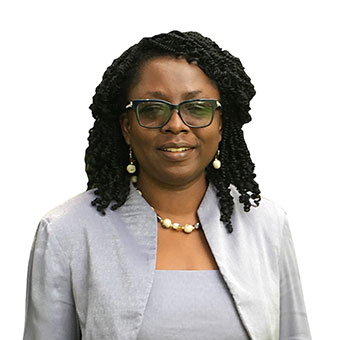
Secretary General: Dr Hannah Naa Gogwe Ayettey
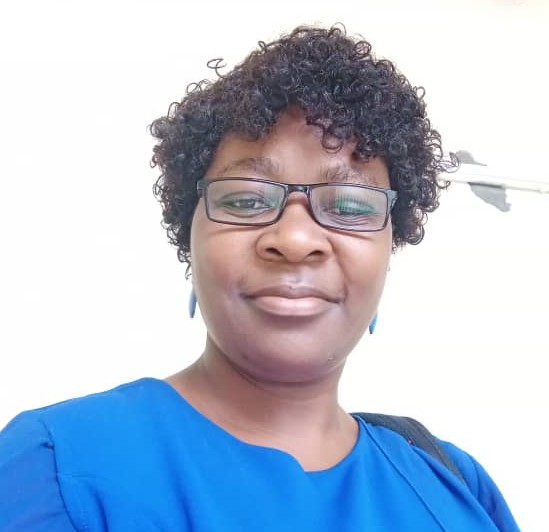
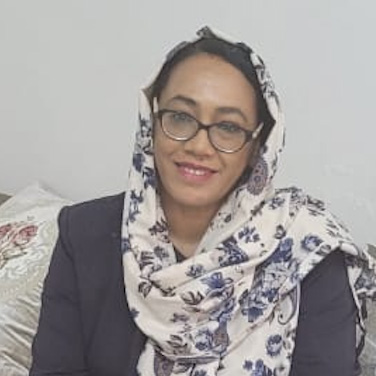
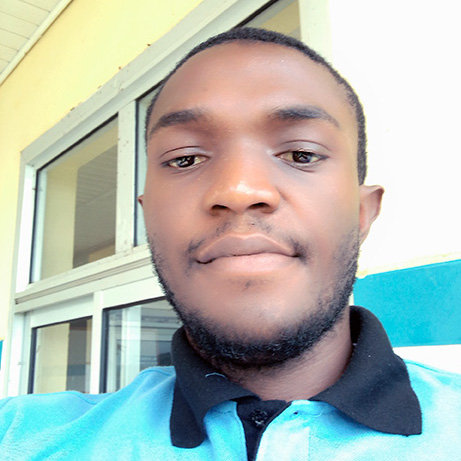
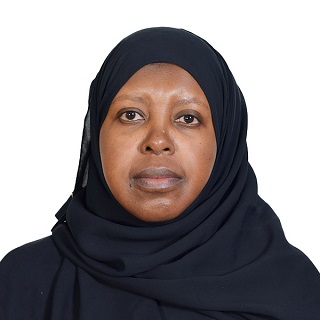
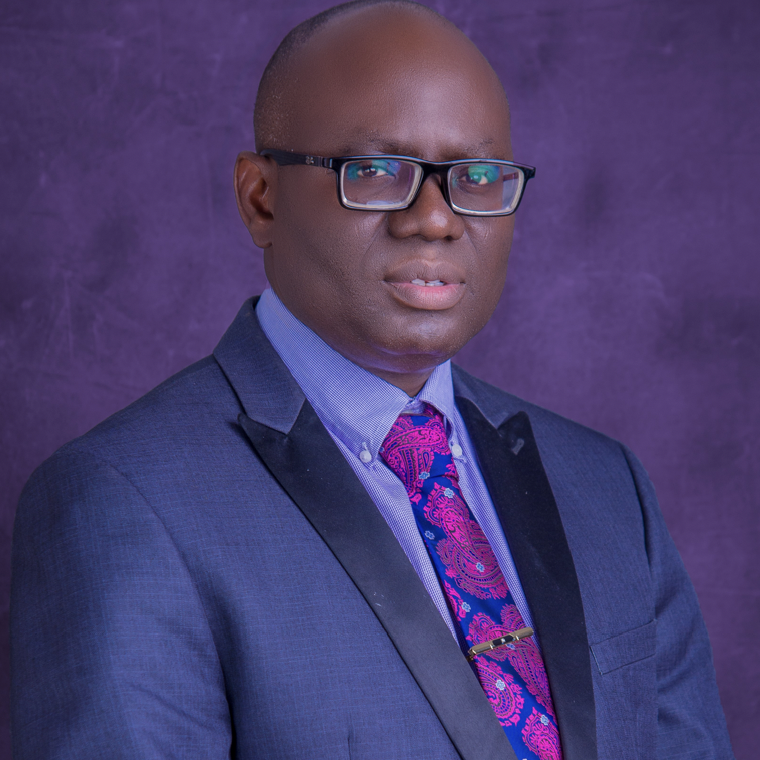
He co-founded the African Research Group for Oncology (ARGO) in 2013. The group runs a clinical database and biobank for colorectal and breast cancer. He is a member of the Lancet Oncology Commission on Global Cancer Surgery. He is also a Co-PI on multiple prospective studies on colorectal and breast cancer in Nigeria, including a UG3/UH3 NIH grant (awarded in 2017) and R01 as well as Cancer Prevent grant awarded in 2020. His team got the Oak Foundation award in 2021. He has trained over 30 General Surgeons many interested in Surgical Oncology and have taken faculty positions in Nigeria. He has over 120 publications in peer-reviewed journals and 5 chapters.
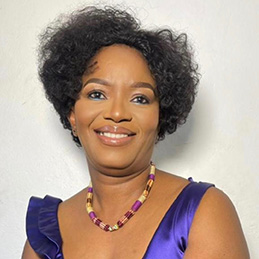
Currently, I am a PI on an implementation science project assessing the integration of cancer services among AYAHIV with KS, cervical cancer, and lymphomas. This is an NCI-funded project in collaboration with implenomics, the Population Council of Zambia, and the CDH where the study is being conducted.
I have co-authored several papers but my research strength lies in establishing collaborations which I have demonstrated over time.
A Retrospective study that I did in 2014 was accepted as a Poster presentation at the International Gynaecologic Cancer Society 2014. I worked with colleagues on establishing the Database for Breast Cancer at the Hospital that is currently being used to answer several Research Questions and help formulate questions for further Research in Breast Cancer in Zambia. I have a keen interest in understanding breast cancer in African women as they generally have poor survival. Skin cancer is common in minority groups and I am working with colleagues to develop a project in this cancer type aimed at understanding the epidemiology and patterns of care.
I support emerging oncologists through mentorship on their research projects.
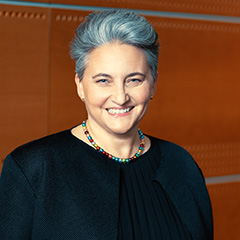
Vice-President: Europe: Julie Torode
Cancer is a global health problem that requires total nursing care. Her studies assessed the needs of cancer clients, especially women living with breast cancer, in urban and suburban regions of Nigeria. Clients were filled with psychosocial concerns that affected their acceptance, adjustment and coping with the diseases and generated psychic distress. Gaps were identified on the amount and quality of information given by health workers, which translated into more emphasis on incorporating psychosocial site specific skills into the main stream of care. With the increase in the incidence of prostate cancer globally, especially among men of black descent, papers, she has investigated their knowledge and attitude towards the ailment and its management. The studies revealed poor knowledge, attitude and low perception of self-vulnerability, which calls for more attention, awareness from stake holders. The importance of early screening measures on reduction of female gynaecological conditions cannot be overemphasized. The climax of her work in psycho-oncology, was demonstrated as she engaged in initiating and developing a psycho-oncology unit attached to the famous cancer hospital.
She has mentored undergraduate and post graduate students in research activities related to Psycho-oncology and women’s health.
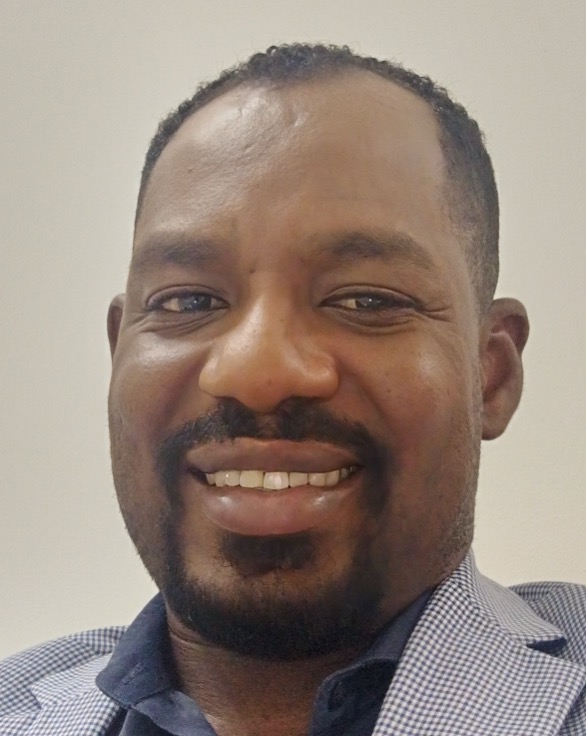
He concluded his Medical Degree in 2008, in Coimbra, Portugal, and after that he pursued his specialist training in the largest comprehensive cancer center in the country, the Oncology Portuguese Institute in Porto (IPO-Porto). There, he was a co-investigator in multiple international phase II/III clinical trials and some of them supported the use of drugs that are currently standard of care. One of those trials was the CHECKMATE trial that led to the approval of immunotherapy in melanoma. This gave him experience in the field, and made him recognize clinical research as one of the main opportunities to move Oncology forward, while allowing patients to access innovation.
During his residency, he had the opportunity to do a short-term rotation in Breast and Gynecologic Cancers, at the Vall D’Hebron University Hospital, a renowned European organization in Barcelona, Spain, and to do a post-graduation in Pain Medicine, at the University of Porto. Dr. Salamanca concluded his residency in 2016 and was approved in the ESMO examination, in the same year.
After finishing his residency, Dr. Salamanca decided to return to his hometown, Luanda, and investing in making good use of the knowledge and experience gained and in actively contributing to the improvement of the lives of cancer patients in Angola. Currently, he is a Medical Oncologist at the Angolan Cancer Control Institute – IACC (Instituto Angolano de Controle do Cancer) . He is also the President of the College of Medical Oncology, part of the National Angolan Medical Society. He is highly committed with the improvement of Oncology services across the country, advocating for quality-assurance and equity in their access.
Dr. Salamanca is a dedicated and motivated oncologist, striving to uphold good clinical practice while promoting the necessary structural conditions and human resources for participation in national and international multicentric clinical trials. As a consultant, he supports the training of Medical Oncology residents and young oncologists. He actively participates in multiple scientific events and initiatives, and collaborates with different public and private organizations towards the development of Oncology. He is committed in raising awareness and the oncological literacy of the communities by actively working with civil society.
Recently, Dr. Salamanca published a paper article entitled “Oncology in PALOP: a growing challenge”, 2023, at the Annals of The Institute of Hygiene and Tropical Medicine of Lisbon, concluding that cancer is a complex health problem, with multiple dimensions to be tackled. With an increased incidence and multiple barriers and challenges to overcome, cancer requires a comprehensive and coordinated approach, and the involvement of multiple stakeholders, such as civil society, countries’ governments, health sector and scientific community. Only with a joint effort and consolidated commitment will it be possible to face this reality and consistently improve the outcomes for those who live with cancer in the PALOP.

